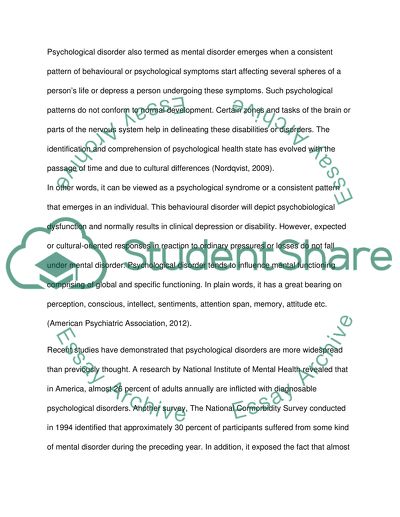Cite this document
(“Therapies for Disorders Research Paper Example | Topics and Well Written Essays - 2000 words”, n.d.)
Therapies for Disorders Research Paper Example | Topics and Well Written Essays - 2000 words. Retrieved from https://studentshare.org/psychology/1450249-therapies-for-disorders
Therapies for Disorders Research Paper Example | Topics and Well Written Essays - 2000 words. Retrieved from https://studentshare.org/psychology/1450249-therapies-for-disorders
(Therapies for Disorders Research Paper Example | Topics and Well Written Essays - 2000 Words)
Therapies for Disorders Research Paper Example | Topics and Well Written Essays - 2000 Words. https://studentshare.org/psychology/1450249-therapies-for-disorders.
Therapies for Disorders Research Paper Example | Topics and Well Written Essays - 2000 Words. https://studentshare.org/psychology/1450249-therapies-for-disorders.
“Therapies for Disorders Research Paper Example | Topics and Well Written Essays - 2000 Words”, n.d. https://studentshare.org/psychology/1450249-therapies-for-disorders.


